Playing the spy card against WSJ in Pakistan
Last Thursday, Pakistan’s The Nation newspaper published a reckless and unsubstantiated story accusing Wall Street Journal South Asia correspondent Matthew Rosenberg of being a spy. It’s an accusation that gravely endangers Rosenberg’s safety. Wall Street Journal Managing Editor Robert Thomson responded with a scathing letter to The Nation’s editor, Shireen Mazari, expressing his disgust at the publication…
Toronto’s Citizen Lab uses forensics to fight online censors
A basement in the gray, Gothic heart of the University of Toronto is home to the CSI of cyberspace. “We are doing free expression forensics,” says Ronald Deibert, director of the Citizen Lab, based at the Munk Centre for International Studies. Deibert and his team of academics and students investigate in real time governments and…

Government, media can limit risk to journalists
The fighting along the border in Pakistan is a classic counter-insurgency: a large military force trying to oust an entrenched group from its base. Such armed conflict will always be risk-filled—especially for local journalists—but government leaders, military officials, and media executives can take basic steps to improve security.
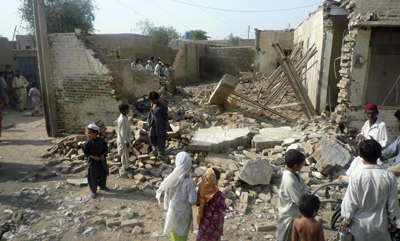
In Pakistan’s frontier, echoes of a 2006 murder
Local reporters like those in Federally Administered Tribal Areas, Swat, and Mingora are crucial to accurate, fully formed news coverage. Their importance was evident in August, when reports began to emerge that prominent Taliban leader Baitullah Mehsud had been killed by a U.S.-launched missile apparently fired from an unmanned drone over South Waziristan in the…
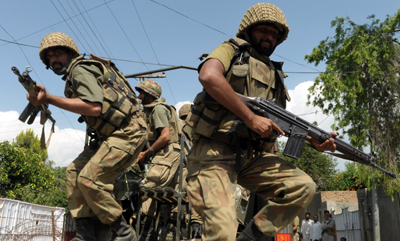
Value, ‘collateral damage’ as journalists embed
During the height of the Pakistani military’s assault on militants, hundreds of local journalists were forced to flee the Swat Valley and neighboring areas. Coverage of the fighting was left in large part to Pakistani reporters from outside the region who had embedded with the military. These journalists faced their own set of challenges.
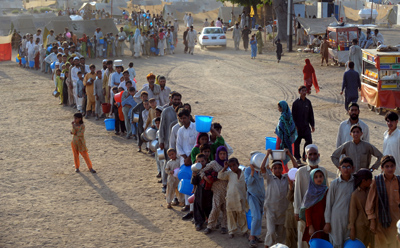
As combat raged, local reporting was stifled
Yesterday, I reported on the plight of Behroz Khan and Rahman Bunairee, two Pakistani journalists whose homes were destroyed by militants. Many other journalists in the North West Frontier Province, or NWFP, faced grave dangers and were forced to flee, undermining independent reporting in the region. The same early July night that Khan and Bunairee’s homes…
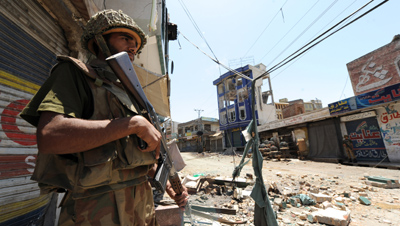
In Pakistan conflict, grave risks for reporters
The September 30 Daily Times in Pakistan headlined a story “Peace being gradually restored in Swat,” although daily skirmishes continue between the military and militants. A few days earlier, a massive car bomb in the heart of Peshawar killed at least 10 people and left some 70 wounded, while an explosion destroyed a police station…
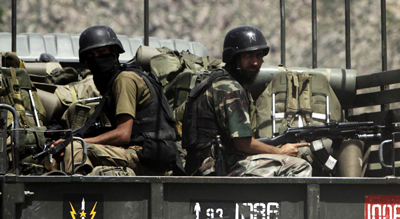
Briefing: Pakistani journalists face Taliban, military threats
Journalists in Pakistan have come under rapidly escalating pressure as the military confronts Taliban militants in the northwest region of the country. Threats and attacks from both sides have made reporting from Taliban-controlled areas more dangerous.